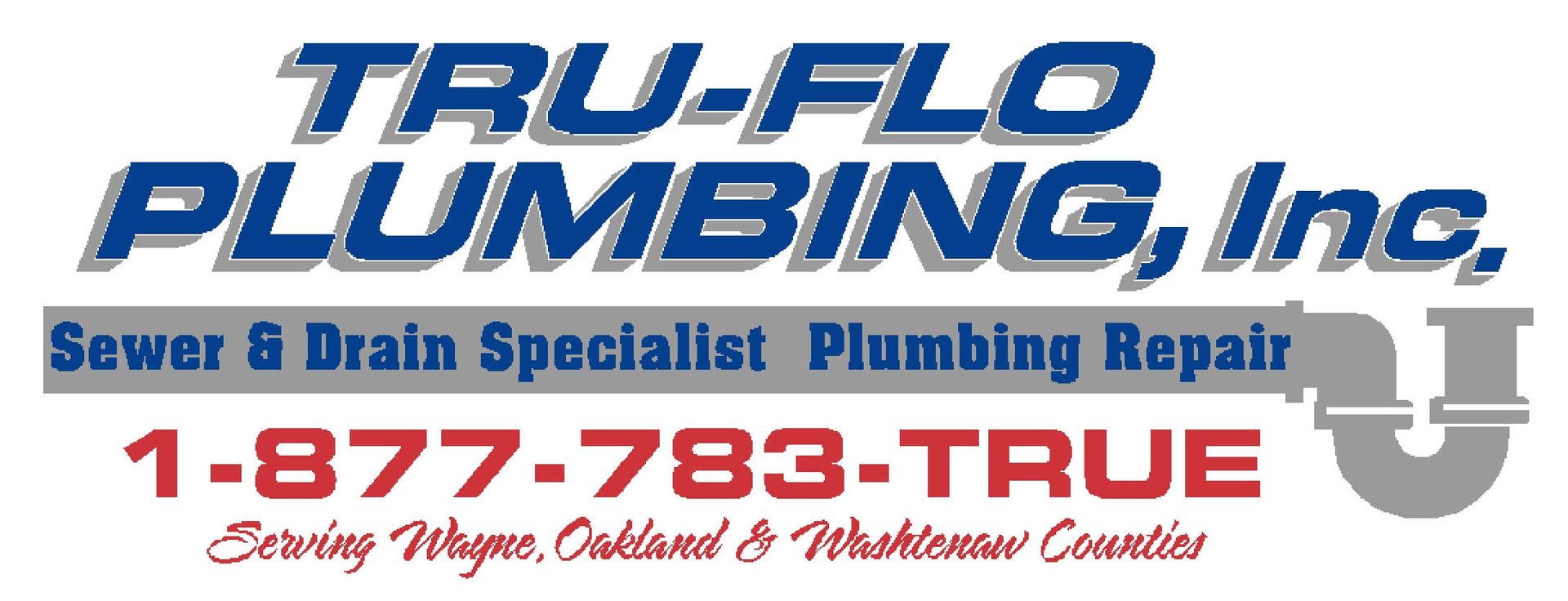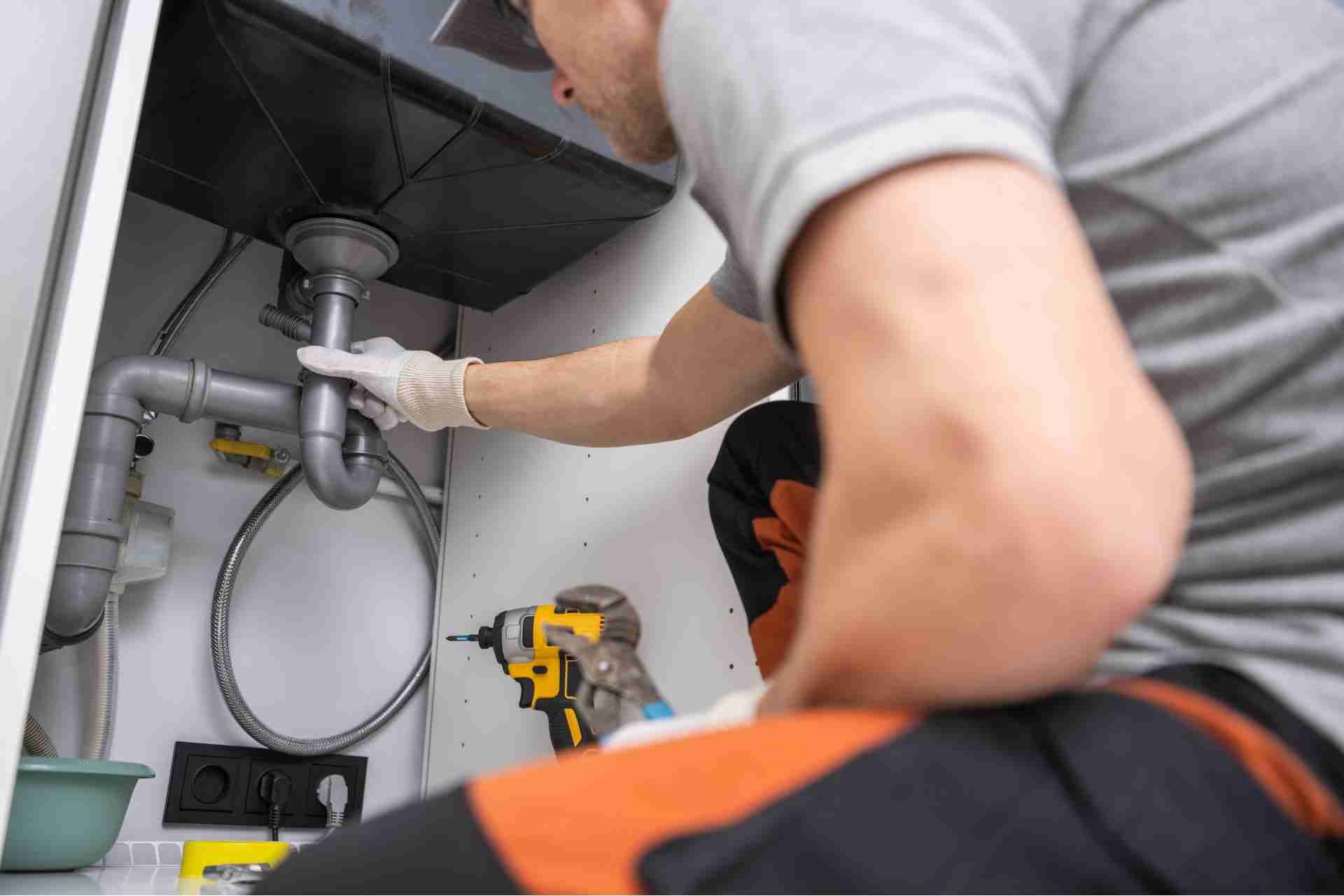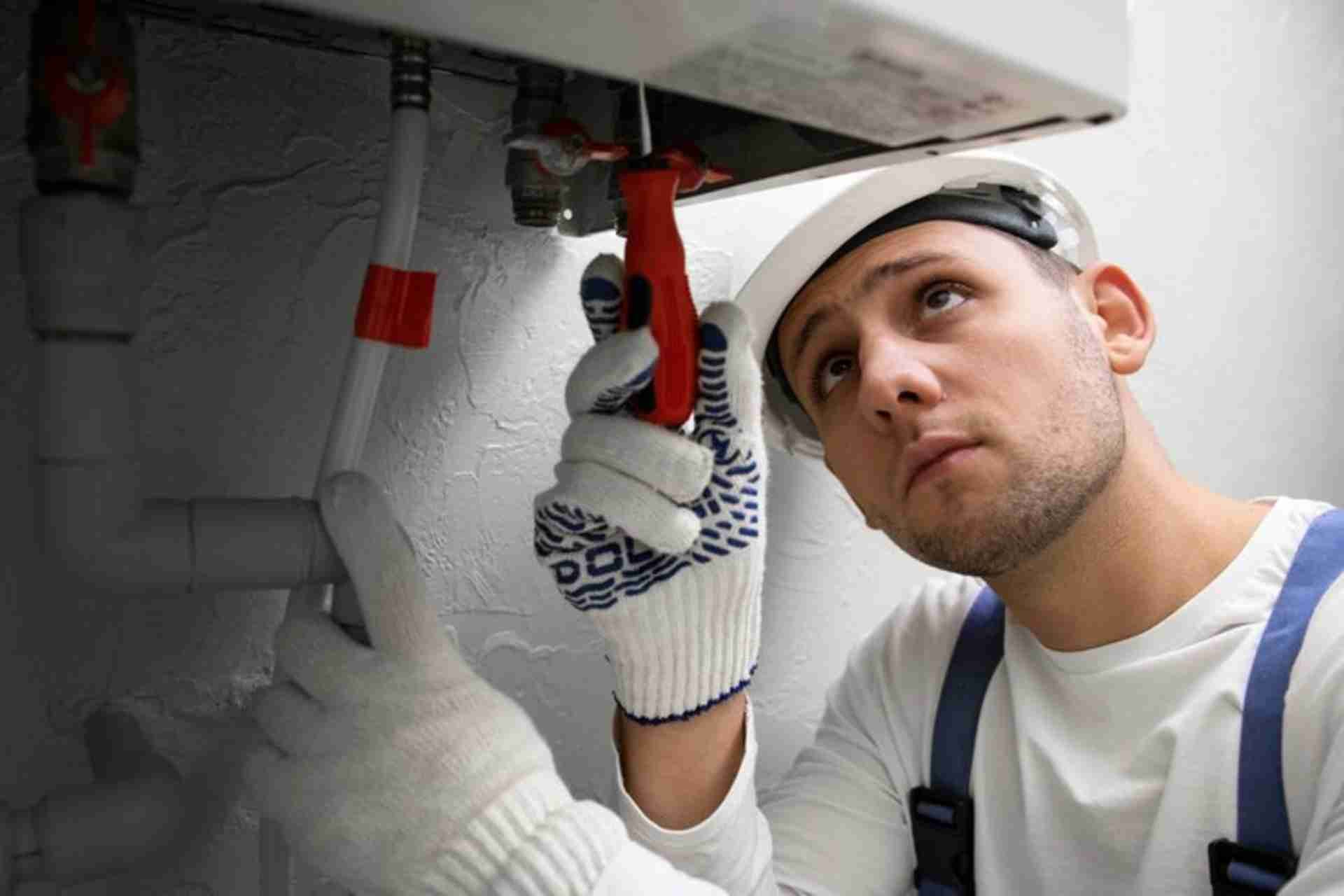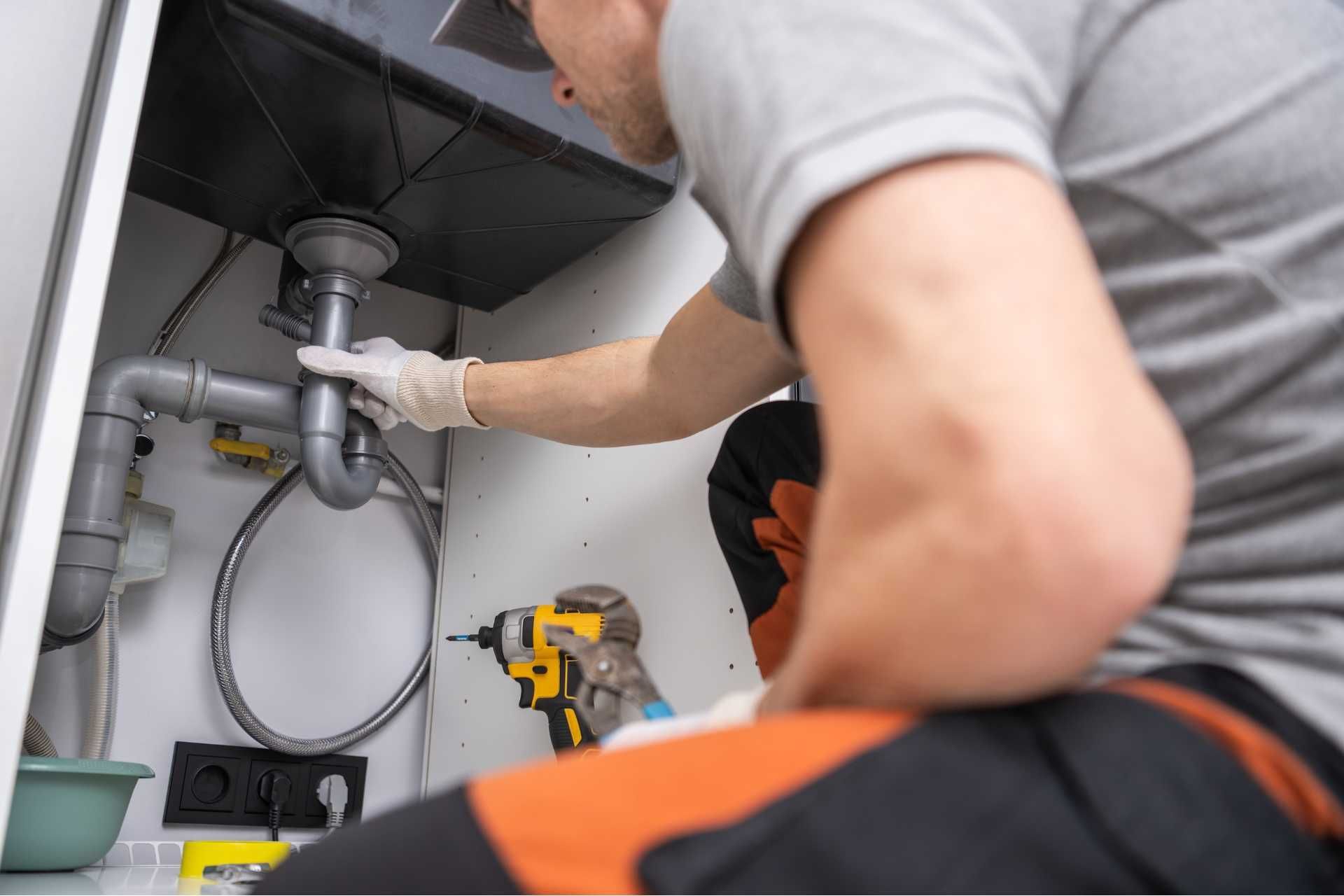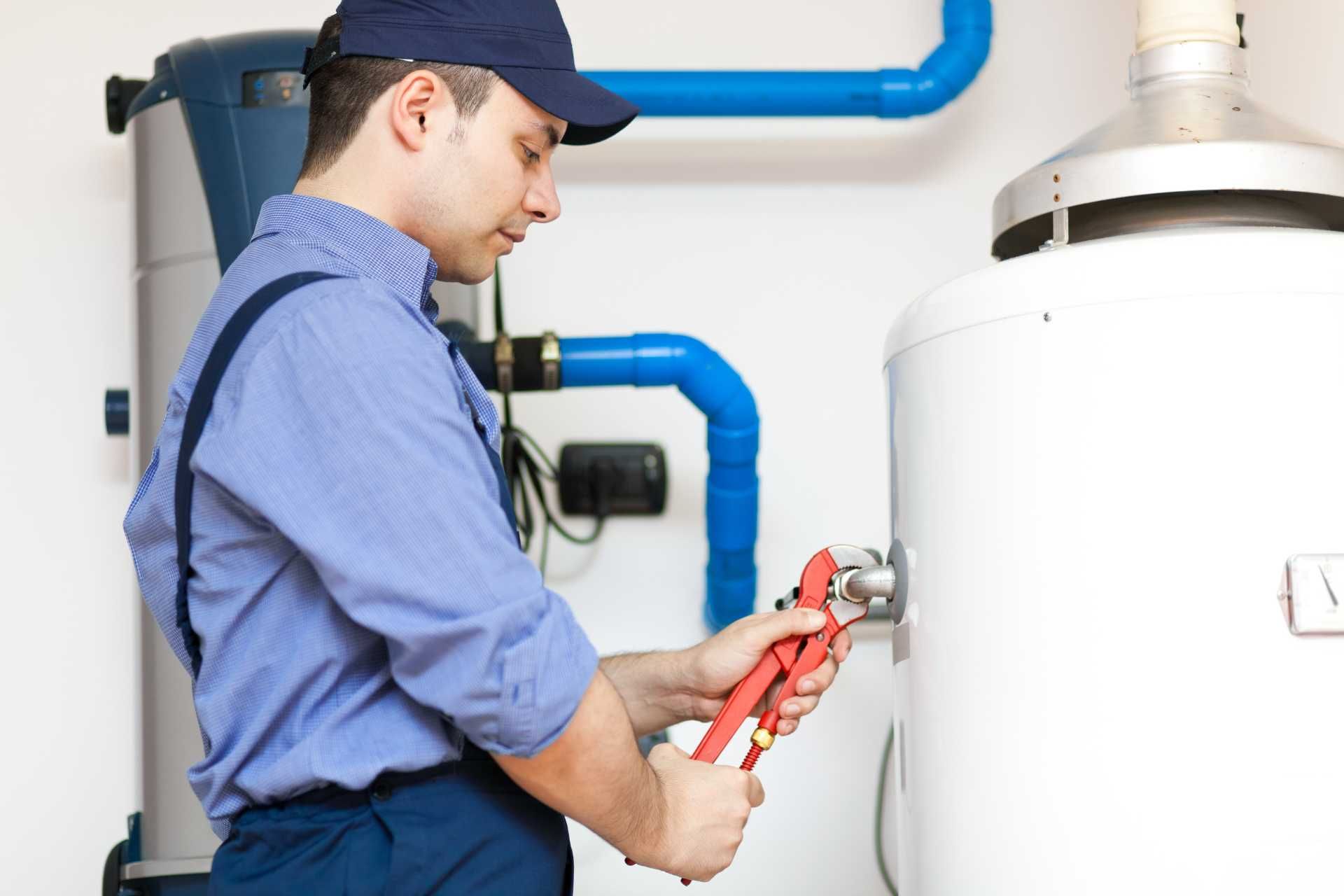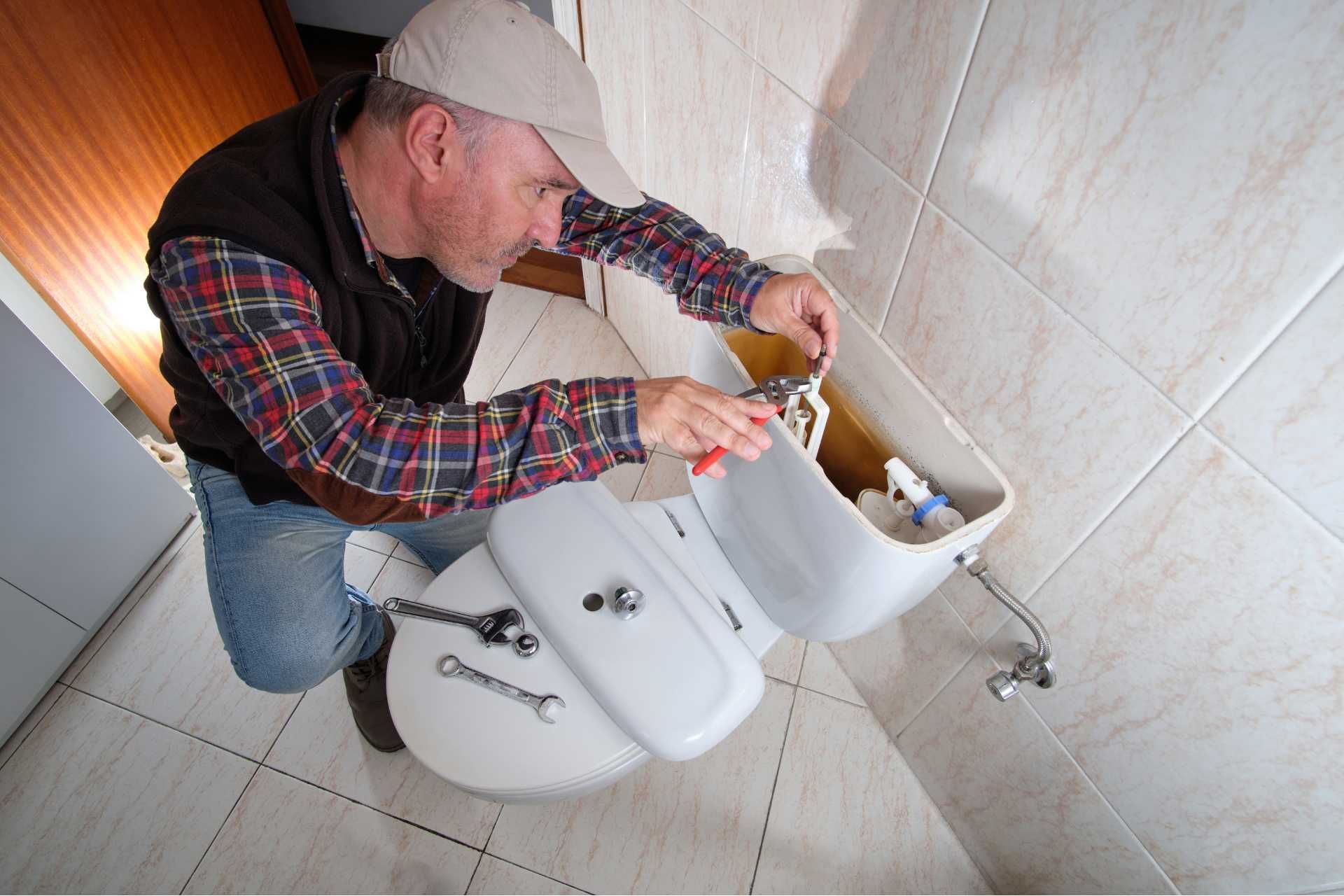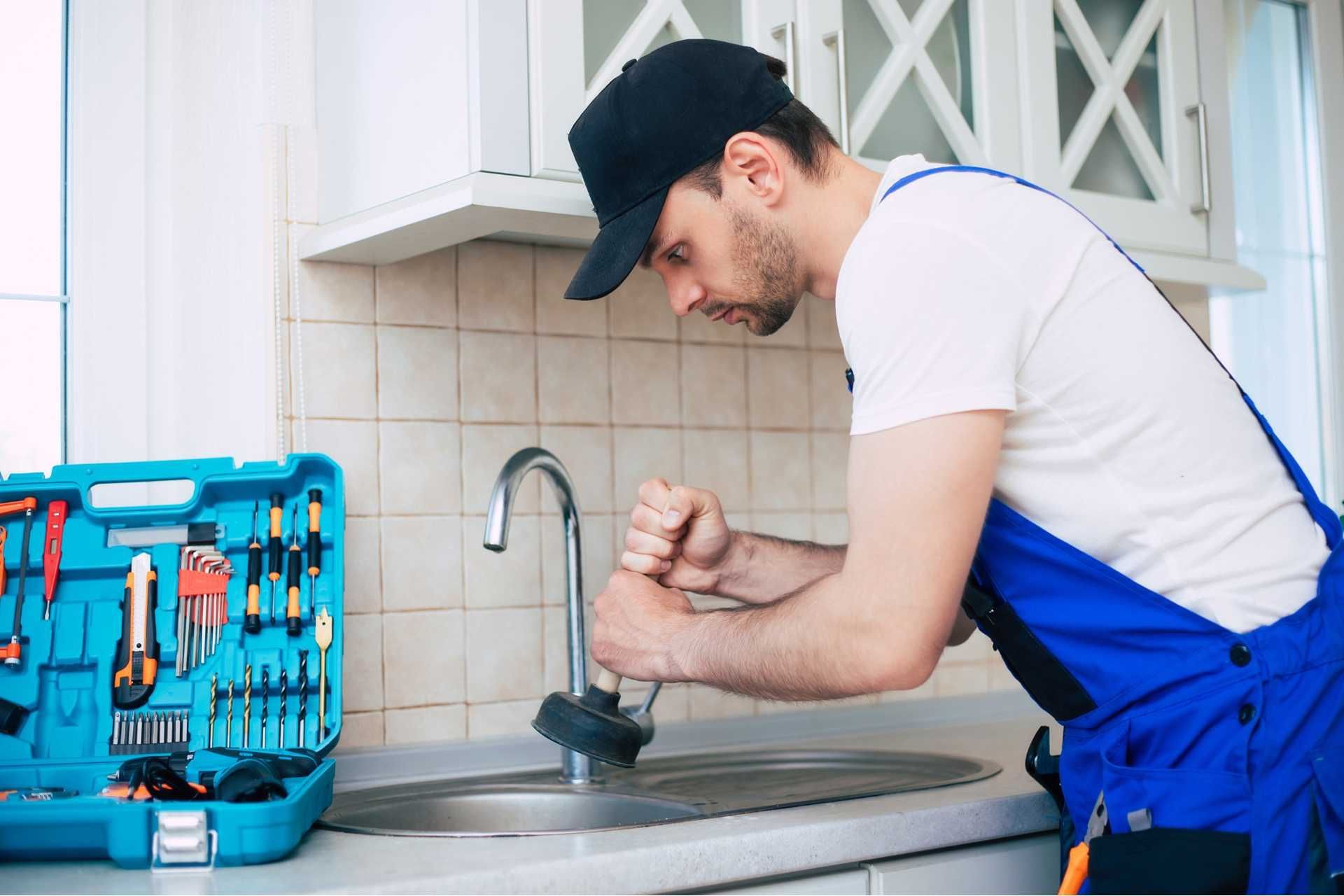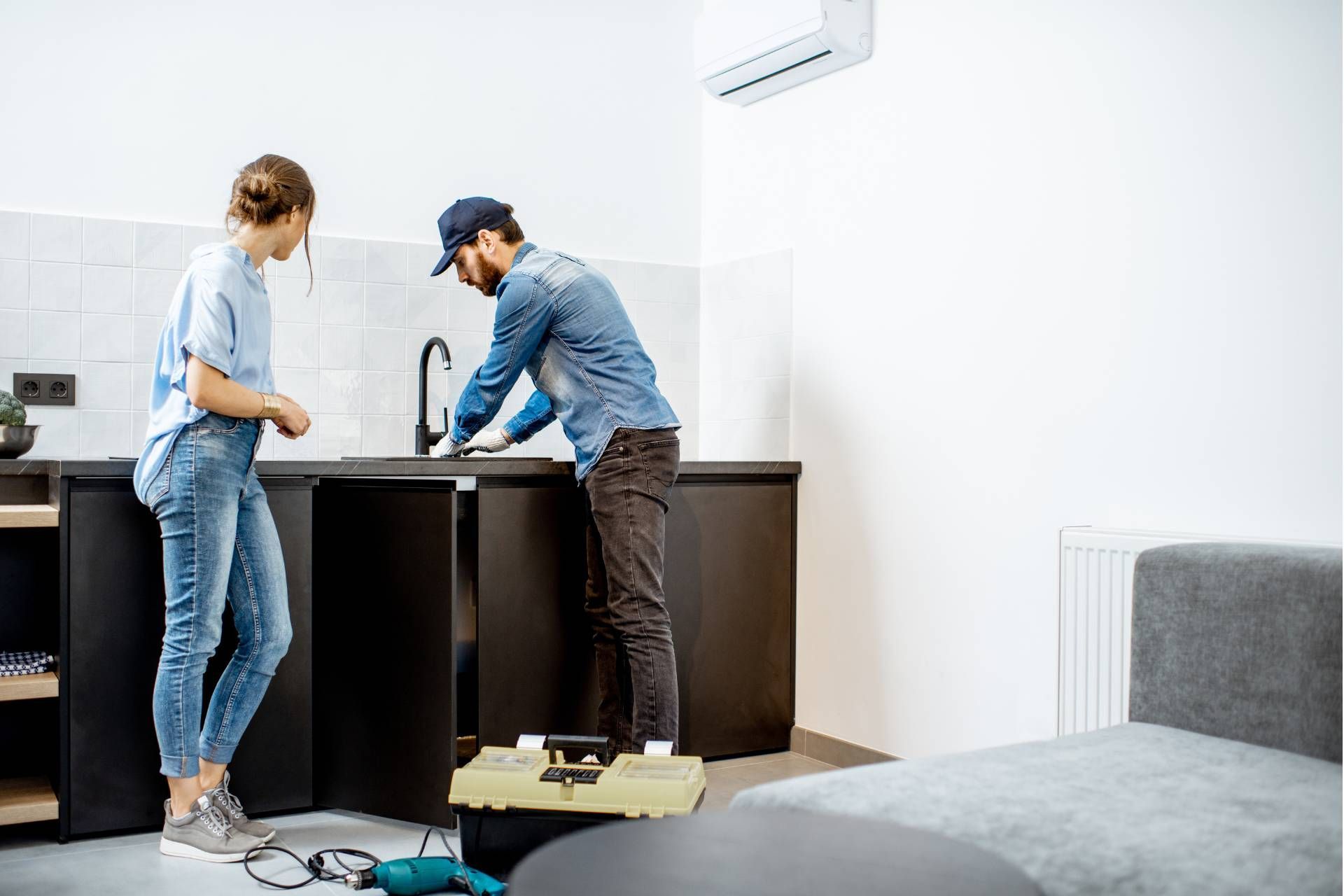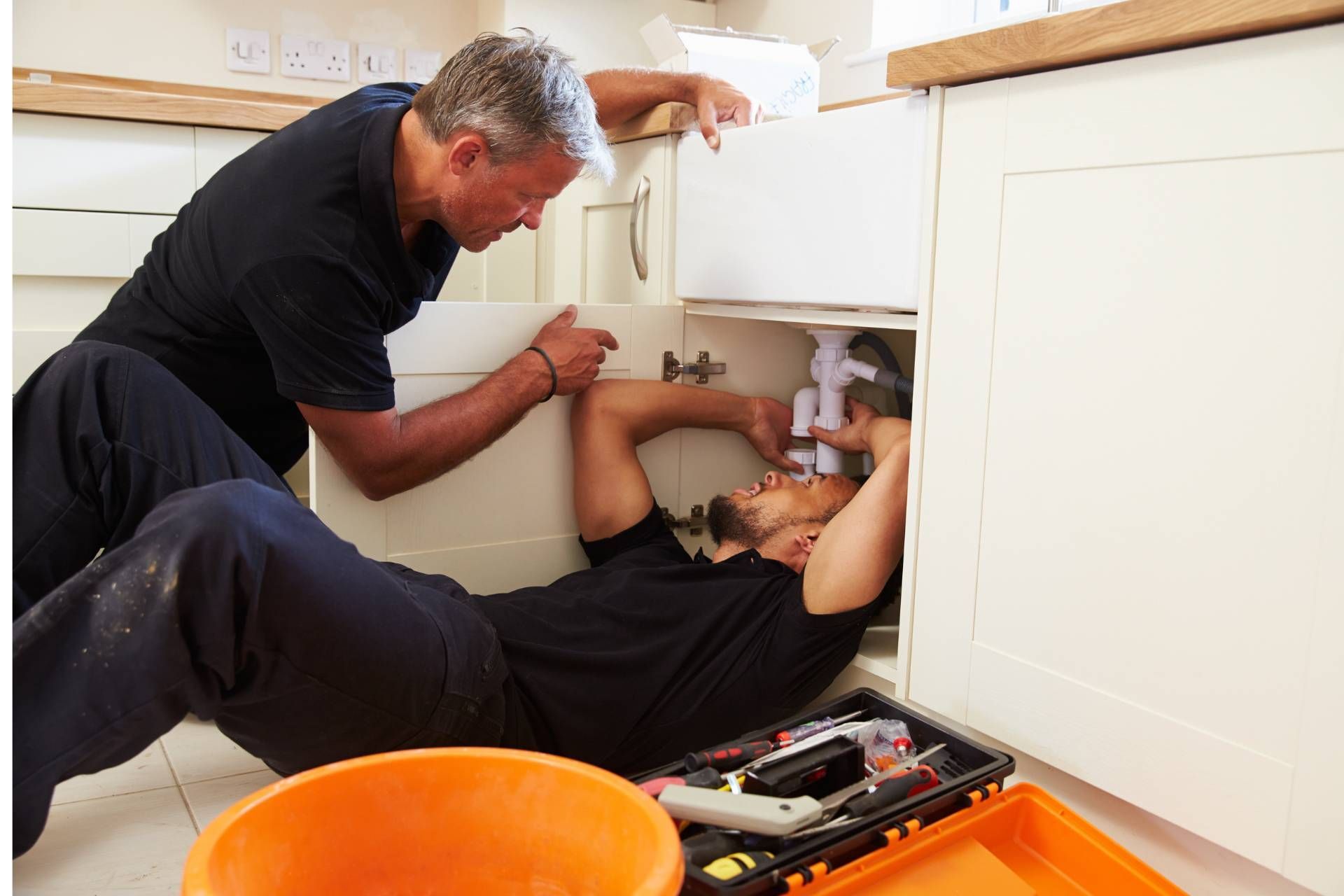Explore the Different Plumbing Fixtures and Their Uses
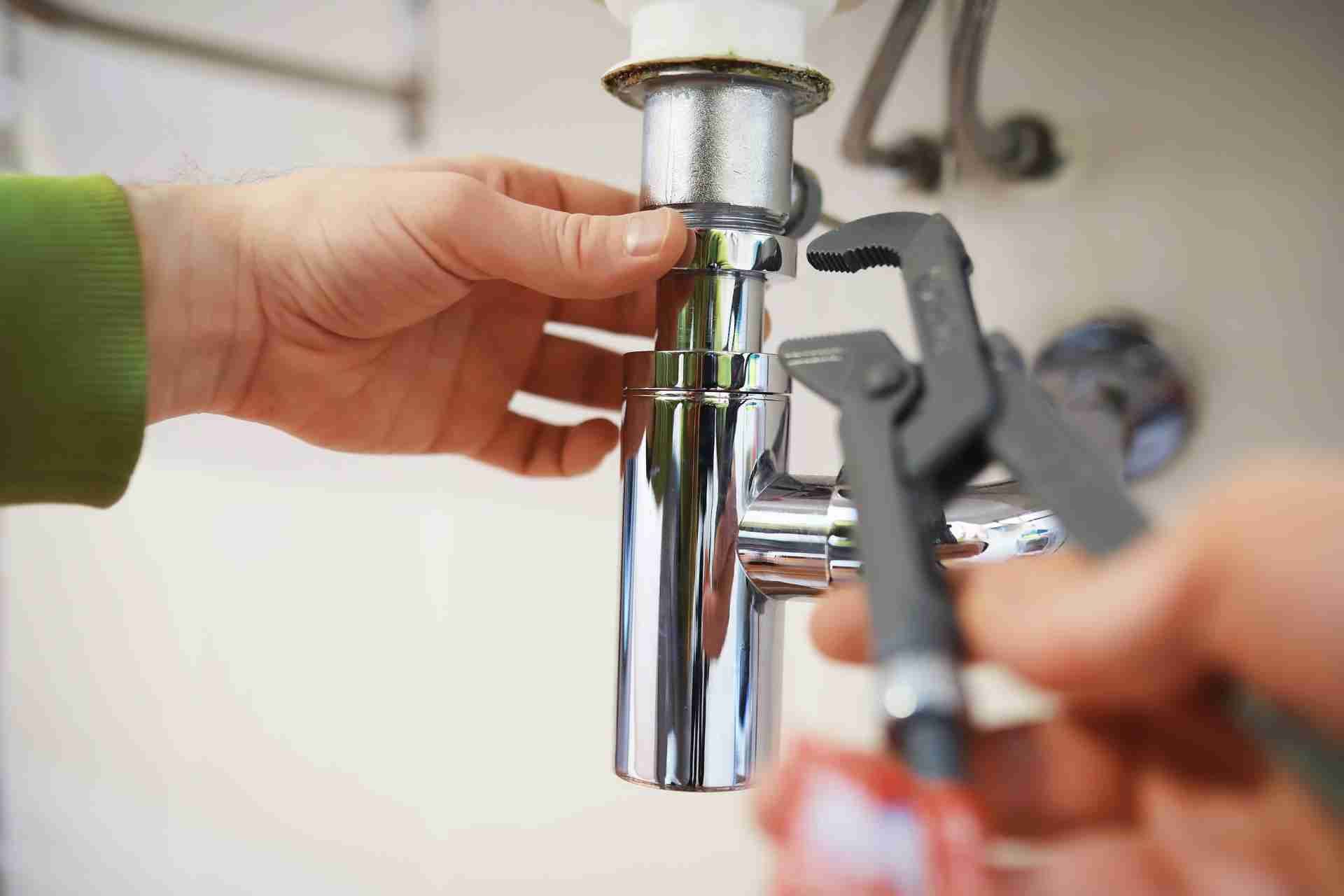
Plumbing fixtures are essential components in any home or building, providing the necessary infrastructure for water supply and drainage. Plumbing fixtures are devices that are connected to a plumbing system to deliver and drain water.
There are a wide variety of fixtures available, each serving a specific purpose and designed for different areas of the home. From sinks and faucets to toilets and showers, understanding the different plumbing fixtures and their uses can help you make informed decisions when it comes to remodeling or renovating your space. This article will explore the various plumbing fixtures commonly found in homes and their functions, helping you to better understand and appreciate the importance of these vital components.
Faucets
Faucets are devices that control the flow of liquid or gas from a pipe or container. In a household setting, faucets are commonly used in bathrooms and kitchens to regulate the flow of water for washing hands, dishes, and other tasks. Faucets can come in various designs and styles, including single-handle, double-handle, and touchless options.
Faucets have several important uses, including:
- Water conservation: Faucets play a critical role in conserving water by allowing users to control the flow of water and prevent wastage.
- Hygiene: Faucets help maintain hygiene by providing a clean and controlled water source for washing hands, dishes, and other items.
- Convenience: Faucets make it easy to access water for various household tasks, such as cooking, cleaning, and bathing.
- Aesthetic value: Faucets come in a variety of designs and finishes, adding to the overall aesthetic appeal of a bathroom or kitchen.
Overall, faucets are essential fixtures in any household or commercial setting, providing a convenient and efficient way to access and control water flow.
Sinks
A sink is a plumbing fixture that is used for washing hands, dishes, and other objects. It typically consists of a basin, faucet, and drain, and is usually found in bathrooms, kitchens, and laundry rooms.
Some common uses of sinks include:
- Washing hands: Sinks are commonly used for washing hands to maintain good hygiene and prevent the spread of germs.
- Washing dishes: Kitchen sinks are used for washing dishes, pots, and pans after cooking and eating meals.
- Food preparation: Kitchen sinks are also used for washing fruits and vegetables, as well as for filling pots and containers with water for cooking.
- Personal grooming: Bathroom sinks are used for tasks such as brushing teeth, washing faces, and applying makeup.
- Cleaning: Sinks are used for various cleaning tasks, such as rinsing off cleaning supplies, mopping floors, or washing pets.
Toilets
A toilet is a plumbing fixture used for the disposal of human waste. It consists of a bowl and a seat, as well as a flushing mechanism that helps to transport waste through a drain pipe and into a sewage system or septic tank.
The primary use of a toilet is for the safe and
hygienic disposal of human waste. It provides a convenient and sanitary way for people to relieve themselves, reducing the spread of disease and promoting public health.
Toilets are commonly found in homes, businesses, schools, and public facilities. They come in a variety of designs and styles to suit different preferences and needs.
Bathtubs
A bathtub is a large container designed to hold water for bathing purposes. It is typically made of porcelain, fiberglass, or acrylic, and can be found in various shapes and sizes to accommodate different preferences and bathroom sizes.
The main use of a bathtub is for bathing and relaxing. It provides a comfortable and convenient space for soaking in warm water, which can help to relieve stress, relax muscles, and improve overall well-being. Some people also enjoy adding bath salts, oils, or bubble bath to enhance the experience.
In addition to bathing, bathtubs can also be used for other purposes such as soaking sore muscles, washing pets, and even as a makeshift swimming pool for small children.
Showers
Showers are a common feature in most bathrooms, but have you ever stopped to think about their uses and benefits? Showers are not just for getting clean – they can also provide relaxation, stress relief, and even health benefits.
The primary use of a shower is, of course, for personal hygiene. Showers provide a quick and efficient way to clean the body, removing dirt, sweat, and bacteria. Hot water can help to open pores and loosen impurities, making it easier to cleanse the skin. Showers also help to wash away dead skin cells and prevent body odor.
But showers are not just about cleanliness; they can also be incredibly relaxing. There is something soothing about standing under a stream of warm water, feeling the tension in your muscles melt away. Showers can provide a few minutes of solitude and quiet contemplation, allowing you to clear your mind and destress after a long day.
In fact, there is scientific evidence to support the idea that showers can help to reduce stress and improve mental health. The warm water and steam can help to release endorphins, the body's natural feel-good chemicals. Taking a shower before bed can also help to relax the body and promote a better night's sleep.
Showers can also have physical health benefits. They can help to relieve muscle tension and soreness, making them a great post-workout recovery tool. Warm showers can improve circulation and help to reduce inflammation, making them especially beneficial for people with arthritis or other joint conditions.
Garbage disposals
A garbage disposal is a device typically installed underneath a kitchen sink that grinds up food waste into small particles so that it can be easily washed away down the drain. The device is attached to the kitchen sink drain and is powered by an electric motor.
Some common uses of garbage disposals include:
- Disposing of food scraps: Garbage disposals are perfect for getting rid of food waste such as fruit and vegetable peels, eggshells, and small bones that would otherwise go into the trash bin.
- Preventing clogs: By breaking down food waste into small particles, garbage disposals help prevent clogs in the kitchen sink drain pipes.
- Reducing odors: Food waste can start to produce unpleasant odors if left sitting in the trash bin for too long. Using a garbage disposal to dispose of food waste immediately helps reduce these odors.
- Environmental benefits: By reducing the amount of food waste that goes into landfills, garbage disposals can help reduce greenhouse gas emissions and minimize the impact on the environment.
Water heaters
Water heaters are essential appliances in our homes that provide us with hot water for various purposes. Whether it's for taking a shower, washing dishes, or doing laundry, a reliable water heater ensures that we have a constant supply of hot water whenever we need it.
There are different
types of water heaters available in the market, including traditional tank water heaters,
tankless water heaters, and heat pump water heaters. Traditional tank water heaters store and heat water in a large tank, which is then delivered to the faucets when needed. Tankless water heaters, on the other hand, heat water on demand without the need for a storage tank. Heat pump water heaters work by transferring heat from the air or ground to heat the water, making them much more energy-efficient.
The uses of water heaters are numerous and contribute greatly to our daily lives. One of the most common uses of water heaters is for bathing and taking showers. Hot water not only helps us relax and feel refreshed but also helps in keeping our bodies clean and healthy. Additionally, hot water is essential for washing dishes and utensils, as it helps to cut through grease and grime much more effectively than cold water.
Water heaters also play a crucial role in our laundry routine, as hot water is often needed to effectively clean clothes and remove stains. Using hot water in the washing machine can also help to kill germs and bacteria, ensuring that our clothes are not only clean but also hygienic.
In colder climates, water heaters also play a vital role in heating the water in our homes, as hot water is needed for space heating systems and radiant floor heating. Having a reliable water heater ensures that we can stay warm and comfortable even during the coldest months of the year.
Water softeners
Water softeners are devices that remove minerals such as calcium and magnesium from hard water, replacing them with sodium ions. Hard water can cause a variety of issues such as scale buildup in pipes, reduced efficiency of soap and detergent, and dry skin and hair.
The main purpose of using a water softener is to improve the quality of water in a household or business, making it safer and more pleasant for everyday use. Some of the benefits of using a water softener include softer skin and hair, reduced soap scum buildup in showers and sinks, cleaner dishes and laundry, and longer lifespan for appliances and plumbing fixtures.
Bidets
A bidet is a plumbing fixture that looks similar to a toilet but is used for cleaning oneself after using the bathroom. It is common in many European and Asian countries, but less so in North America.
The main purpose of a bidet is to wash the genital and anal areas after using the toilet, providing a more thorough and hygienic clean than wiping with toilet paper. This can help prevent urinary tract infections, and can be especially helpful for individuals with mobility issues or conditions that make it difficult to clean themselves effectively.
There are different types of bidets available, including standalone bidets, bidet attachments that can be installed on existing toilets, and electronic bidet seats that provide additional features like heated water, air drying, and adjustable water pressure.
Outdoor hose bibs
An outdoor hose bib, also known as an outdoor faucet or spigot, is a plumbing fixture that is installed on the exterior of a building. It is typically connected to the main water supply and has a valve that controls the flow of water.
Outdoor hose bibs are commonly used for watering gardens, washing cars, filling up pools, and other outdoor water-related activities. They are designed to withstand outdoor weather conditions and are typically made of durable materials such as brass or stainless steel.
Some outdoor hose bibs also have a vacuum breaker or backflow preventer to prevent contaminated water from flowing back into the main water supply. It is important to properly maintain and winterize outdoor hose bibs to prevent freezing and leaks.
What to Consider When Choosing Plumbing Fixtures
When it comes to updating your bathroom or kitchen, one of the most important decisions you'll need to make is choosing the right plumbing fixtures. From faucets to showerheads to toilets, the fixtures you choose can have a big impact on the overall look and functionality of the space. With so many options available, it can be overwhelming to know where to start.
Here are some key factors to consider when choosing plumbing fixtures for your home:
- Style: The first thing to consider when choosing plumbing fixtures is the style of your space. Are you going for a modern, sleek look or a more traditional, classic feel? Consider the style of your home and your personal preferences when selecting fixtures. There are endless options available, so take your time to find the perfect fit for your space.
- Finish: The finish of your plumbing fixtures can also make a big impact on the overall look of your space. Popular options include chrome, brushed nickel, oil-rubbed bronze, and matte black. Consider the finishes of other elements in your space, such as cabinet hardware and lighting fixtures, to ensure that everything coordinates well.
- Functionality: In addition to style, it's important to consider the functionality of your plumbing fixtures. For example, if you have a large family or frequent guests, you may want to invest in a high-capacity toilet or a showerhead with multiple spray settings. Think about how you use your space on a daily basis and choose fixtures that will meet your needs.
- Water efficiency: With growing concerns about water conservation, choosing water-efficient plumbing fixtures is more important than ever. Look for fixtures that are labeled as WaterSense certified, which means they meet EPA standards for water efficiency. Not only will water-efficient fixtures help reduce your environmental impact, but they can also save you money on your water bill.
- Quality: Finally, when choosing plumbing fixtures, it's important to prioritize quality. Investing in high-quality fixtures may cost more upfront, but they will likely last longer and require fewer repairs or replacements in the long run. Look for fixtures from reputable brands with good warranties to ensure that you're getting a product that will stand the test of time.
Let Professionals Install Your Plumbing Fixtures
Installing plumbing fixtures may seem like a simple task, but it's important to ensure that it is done correctly to prevent any leaks or other issues down the line. Our plumbers have the knowledge and training to properly install your fixtures, ensuring that they function properly and efficiently.
Trust the experts at
Tru Flo Plumbing to get the job done right.
Contact us today to schedule an installation service and experience the difference that professional plumbing services can make!
Address: 3215 Dix Hwy, Lincoln Park, MI 48146 | Phone: 1-877-783-TRUE (8783)
Copyright © 2023 Tru-Flo Plumbing, All Rights Reserved
